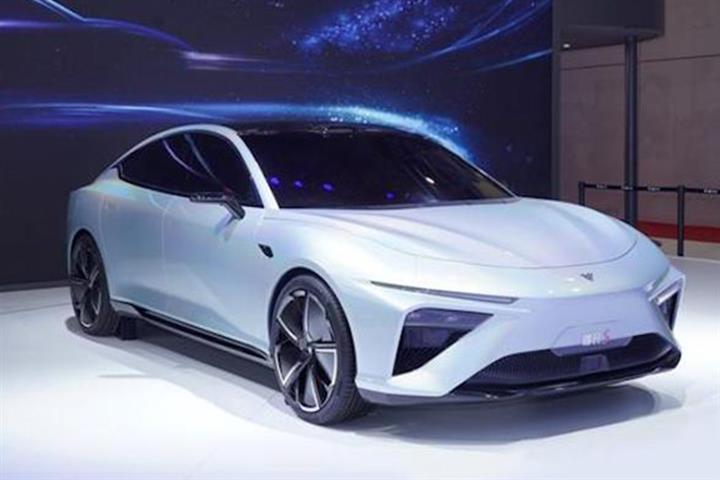 China’s Car Output Dropped 2.6% in May After April Surge Due to Chip Shortage
China’s Car Output Dropped 2.6% in May After April Surge Due to Chip Shortage(Yicai Global) June 9 -- The global chip shortage is taking its toll on China's recovering auto market with joint venture brands suffering the most amid the reversed marketwide output slump in May.
Some 1.6 million passenger cars were produced in China last month, down 2.6 percent from a year ago, according to data released by the China Passenger Car Association yesterday. In April, output had grown 8.9 percent from a year earlier.
JVs were cutting production more than before. In May, their combined volume dropped by 22 percent from a year earlier. It had declined by 10 percent in April.
China's auto market downturn began in 2018 while the Covid-19 pandemic dealt another blow to the sector last year. The latest curse is the semiconductor shortage.
Everyone is scrambling for chips but the hunger is real particularly among Japanese car manufacturers after a fire broke out at Renesas’ chip factory in northeastern Japan in March, limiting production.
But it might take some time for car buyers to notice. The scarcity of auto chips has had no significant impact on the retail market for the time being, Cui Dongshu, secretary-general of CPCA, told Yicai Global.
China’s economy is relatively stable this year, said the CPCA. The lagging epidemic control overseas has driven China's export sectors to maintain strong growth, supporting car consumption, the association added.
Sales prove the point. In May, passenger car retail sales climbed 1 percent to 1.6 million units from a year ago. The volume was 3 percent up from May 2019 and 1 percent higher than last month.
But the declining output has limited shipments. Manufacturers’ wholesale numbers fell 2.1 percent to 1.6 million units in May from a year ago. The volume was 3.1 percent lower than in April.
Storages are getting emptier. Manufacturers reduced their inventories by 30,000 units in late May. In the first five months of this year, inventories dropped by 210,000 units.
Editor: Emmi Laine, Xiao Yi